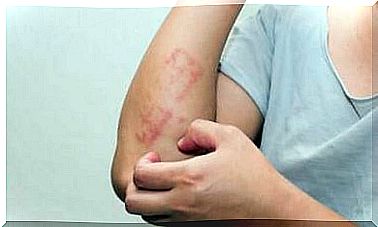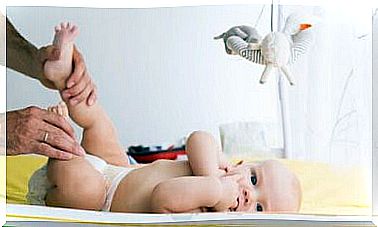What Is A Fecal Transplant?
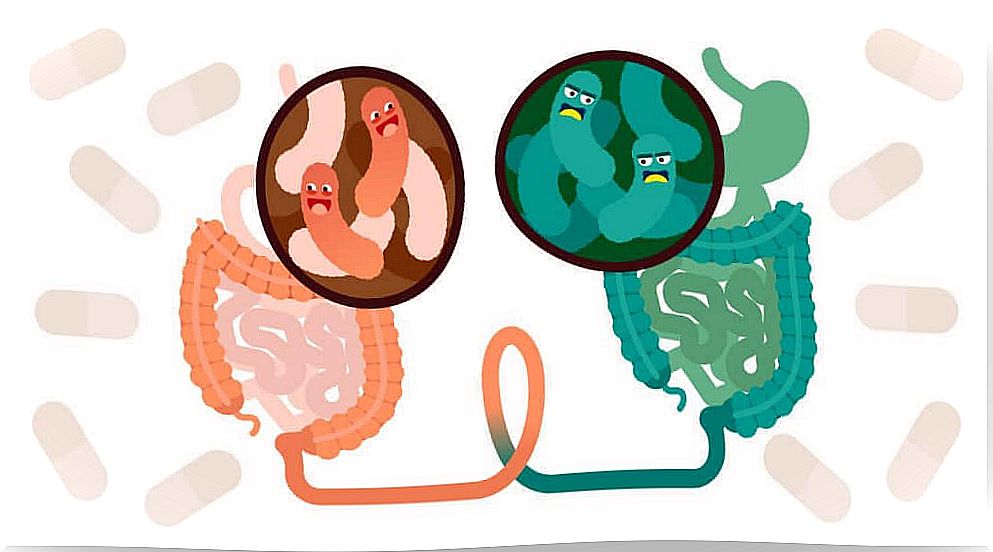
A fecal transplant or FMT (from the English fecal microbiota transplant ) is an experimental (and controversial) treatment. It consists of transmitting the intestinal flora from a healthy donor to patients suffering from a variety of diseases associated with changes in the intestinal flora in the colon. Yes, it largely consists of the patient receiving poop from a healthy donor.
Infection of Clostridioides difficile (CDI or C-diff): a successful case of fecal transplantation
Clostridioides difficile is a bacterium that lives around us. Many people with C. difficile have no symptoms or problems at all. Researchers explain this by saying that it is not the bacteria themselves that cause disease.
Only under certain conditions do the bacteria release toxins that cause problems. A person with a C. difficile infection can get diarrhea and stomach cramps. In severe cases, the infection can cause dehydration or require hospitalization. It can also be life threatening.
In 2018, approximately ten thousand patients received fecal transplants in the United States. This treatment is not new. In fact, it has been used since 2013. It is used for patients suffering from “recurrent or stubborn” infections of C. difficile .
In other words, patients suffering from recurrent infections who do not respond to antibiotics. Since 2018, it has also been allowed for the treatment of completely new cases in adults and children.
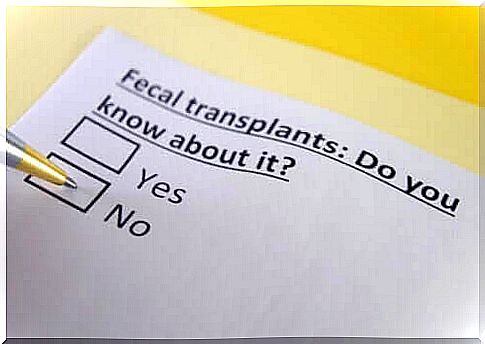
Administration of a fecal transplant for diseases other than C. difficile infection is only possible in connection with a clinical trial.
How does a fecal transplant work?
There are several ways to administer the treatment. The most common is through a colonoscopy when donated stool from a stool bank is inserted. This procedure is generally a very safe procedure. In this regard, experts have reported only minor discomfort, such as bloating, gas, and a low-grade fever.
The stool comes from a stool bank, which works like tissue banks do. Medical personnel examine the donor’s feces to detect potential pathogenic organisms. They also test the blood from the donor in a laboratory to rule out various infectious diseases. The stool bank thus provides optimal material for transplants.
Another option is for a physician to make a targeted donation from a donor who is a friend or relative of the patient. This is an exception which means that the doctor must use his experience and judgment.
The third way is through “stool-based products”. These are pills or administration systems that often offer a selection of microbes, rather than microorganisms from the entire intestinal flora.
How well do fecal transplants work against C. difficile infections?
Every year, more than 450,000 cases are diagnosed in the United States and 29,000 deaths are seen from these infections. Of these, approximately 20% of patients cannot be cured with antibiotic treatment and the infection recurs again and again.
In these patients, including cases in children and adolescents, fecal transplants can cure 80 to 90%, which means that a single treatment cures the vast majority of patients with recurrent infections. However, some need more than one transplant.
The possible complications of the treatment
All in all, it is a safe procedure that saves lives. It is important to mention that patients should not try this at home. It may only be performed by a trained physician using carefully controlled equipment.
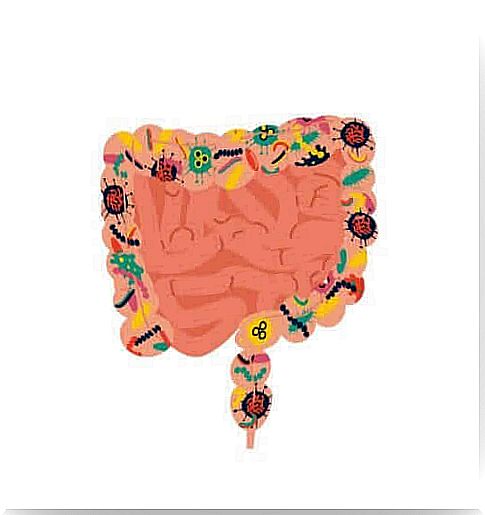
Unfortunately, fecal transplants can be dangerous. Stool is a mixture of undigested waste products and a set of beneficial microbes that make up the gut ecosystem. But it can also consist of bacteria, fungi and “less friendly” or potentially pathogenic viruses.
Fecal transplants to treat other diseases
Doctors use this procedure with relative success to treat other conditions, such as diabetes. In pediatric patients, medical personnel use it for inflammatory bowel disease (or IBD after the English inflammatory bowel disease ).
In clinical trials, doctors use this procedure to treat diseases such as end-stage liver disease, Alzheimer’s, multiple sclerosis, various forms of cancer, asthma, allergies and heart disease.
Experts have linked all of these diseases to changes in the bacteria that make up the gut ecosystem.
Super donors of feces
Finally, we should mention the prevalence of super donors, who are people whose stools achieve a success rate that is up to twice as high as the average in the clinical improvement of patients. Researchers study these individuals closely to try to understand why their stools are so effective.


